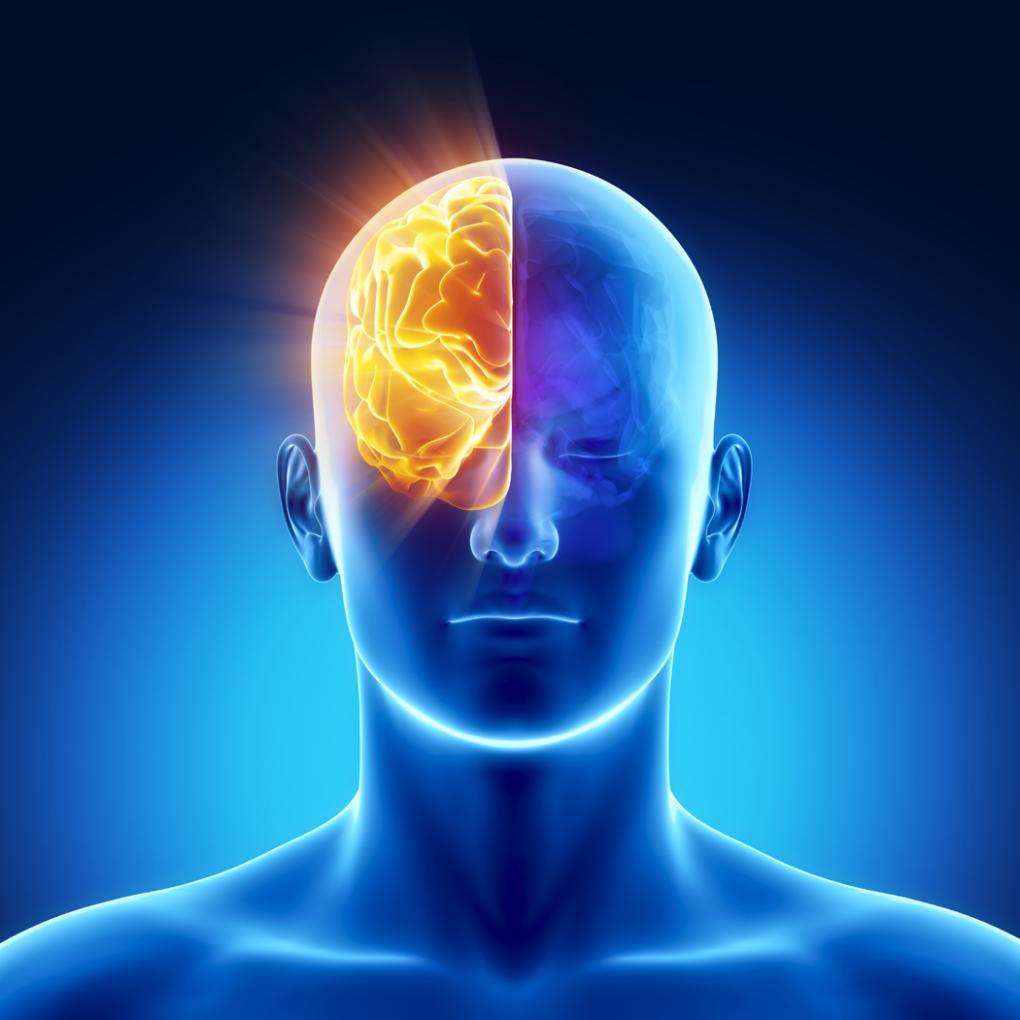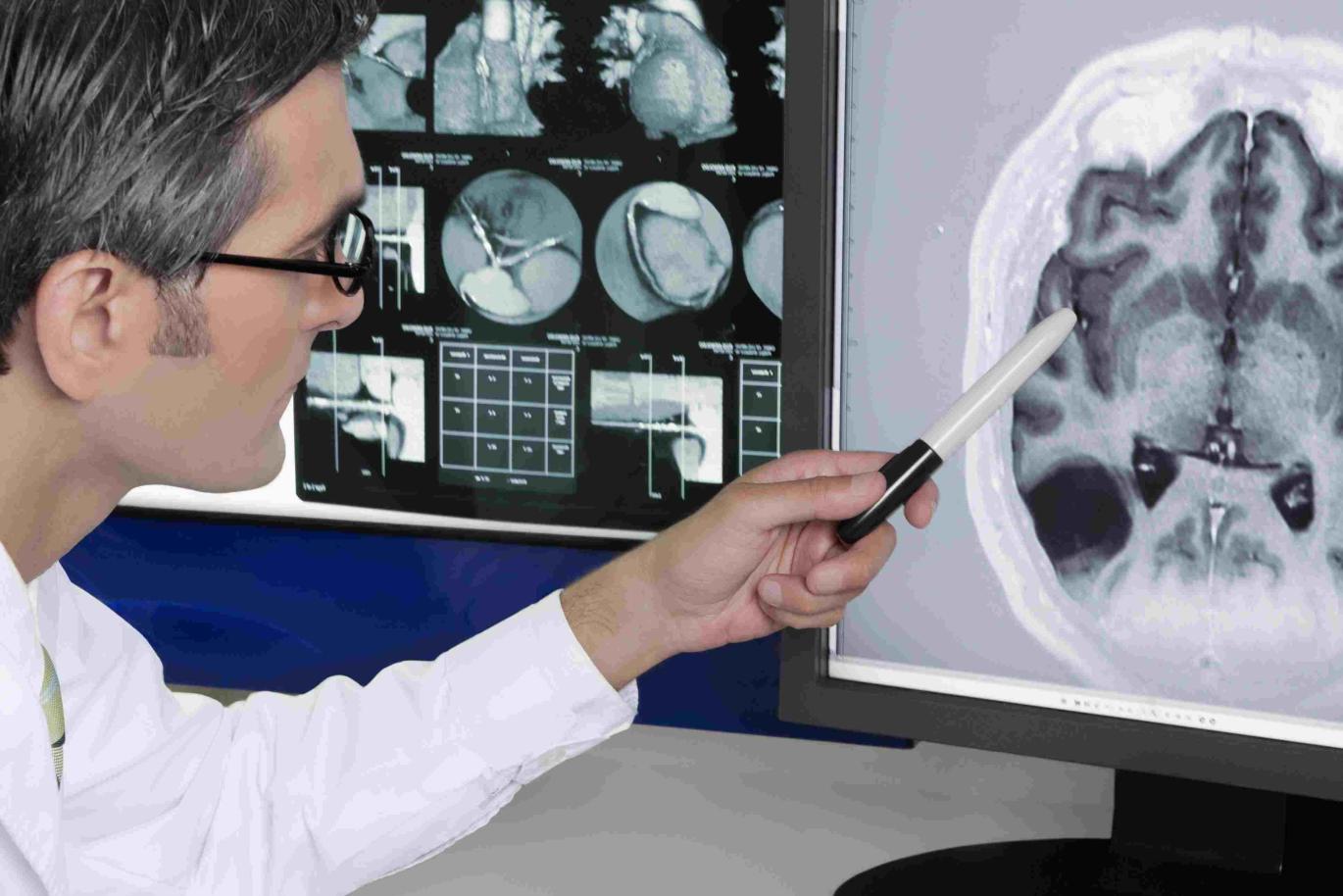What Is the Future of Brain Science?
The human brain is the most complex organ in the known universe. It is responsible for our thoughts, feelings, memories, and actions. Brain science, also known as neuroscience, is the study of the brain and its functions. This field has made tremendous progress in recent years, and we are now on the cusp of a new era of understanding about the brain.

Advances In Brain Imaging Technology
One of the most significant advances in brain science has been the development of new brain imaging technologies. These technologies, such as functional magnetic resonance imaging (fMRI), positron emission tomography (PET), and magnetoencephalography (MEG), allow us to see the brain in action. This has helped us to understand how different parts of the brain work together to produce thoughts, feelings, and behaviors.
- fMRI measures changes in blood flow in the brain, which can be used to infer which parts of the brain are active.
- PET measures the uptake of radioactive tracers in the brain, which can be used to study metabolism and neurotransmitter activity.
- MEG measures the magnetic fields produced by electrical activity in the brain, which can be used to study brain connectivity.
Brain-Computer Interfaces (BCIs)
Brain-computer interfaces (BCIs) are devices that allow us to communicate directly with the brain. This technology has the potential to revolutionize the way we interact with computers and other devices. BCIs could also be used to treat neurological disorders, such as stroke and Parkinson's disease.
- BCIs can be used to control external devices, such as computers, wheelchairs, and robotic arms.
- BCIs could also be used to treat neurological disorders by stimulating or inhibiting specific brain regions.
- BCIs raise a number of ethical and societal concerns, such as the potential for misuse and the need for informed consent.
Artificial Intelligence (AI) And Machine Learning In Brain Science
Artificial intelligence (AI) and machine learning are powerful tools that are being used to analyze brain data and develop new insights. These technologies are helping us to understand the brain in unprecedented detail and are leading to new treatments for neurological disorders.
- AI can be used to analyze large datasets of brain scans and identify patterns that are invisible to the human eye.
- Machine learning algorithms can be trained to predict brain activity and behavior based on past data.
- AI and machine learning are being used to develop new drugs and treatments for neurological disorders.
Neuroprosthetics And Brain Repair

Neuroprosthetics are devices that can replace or restore lost brain function. These devices include deep brain stimulation (DBS), cochlear implants, and retinal implants. DBS is used to treat movement disorders such as Parkinson's disease and essential tremor. Cochlear implants allow people with hearing loss to hear again. Retinal implants allow people with blindness to see again.
- Neuroprosthetics are still in their early stages of development, but they have the potential to revolutionize the way we treat neurological disorders.
- DBS is a promising treatment for movement disorders, but it can cause side effects such as speech problems and mood changes.
- Cochlear implants are a successful treatment for hearing loss, but they can be expensive and require surgery.
The Future Of Brain-Inspired Computing
The human brain is a powerful computer, and scientists are working to develop new computing technologies that are inspired by the brain. These technologies, known as brain-inspired computing, have the potential to revolutionize the way we compute.
- Brain-inspired computing could lead to new types of computers that are more powerful, efficient, and versatile than traditional computers.
- Brain-inspired computing could also lead to new algorithms and software that are better at solving complex problems.
- Brain-inspired computing has the potential to revolutionize a wide range of fields, including artificial intelligence, robotics, and optimization.
Ethical And Societal Implications Of Brain Science

The rapid advances in brain science raise a number of ethical and societal concerns. These concerns include the potential for misuse of brain science technologies, the need for informed consent, and the impact of brain science on our understanding of human nature.
- Brain science technologies could be used to manipulate people's thoughts and behavior.
- It is important to ensure that brain science technologies are used responsibly and ethically.
- Brain science is changing our understanding of human nature, and this could have a profound impact on our society.
The future of brain science is bright. We are on the cusp of a new era of understanding about the brain, and this understanding has the potential to revolutionize the way we live. Brain science has the potential to improve human health, enhance human capabilities, and address societal challenges. With continued research and investment, we can unlock the full potential of brain science and create a better future for all.
YesNo

Leave a Reply